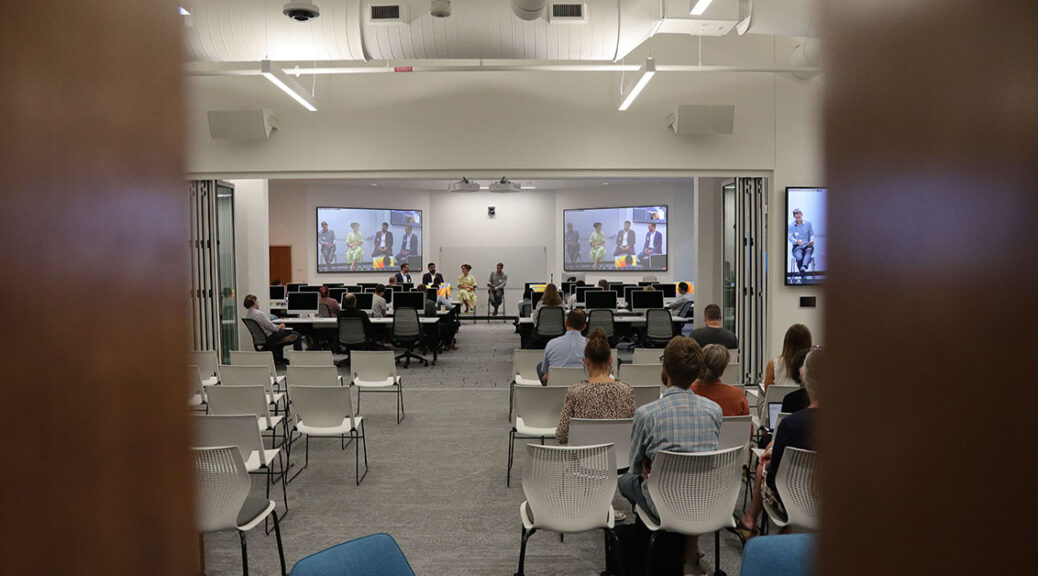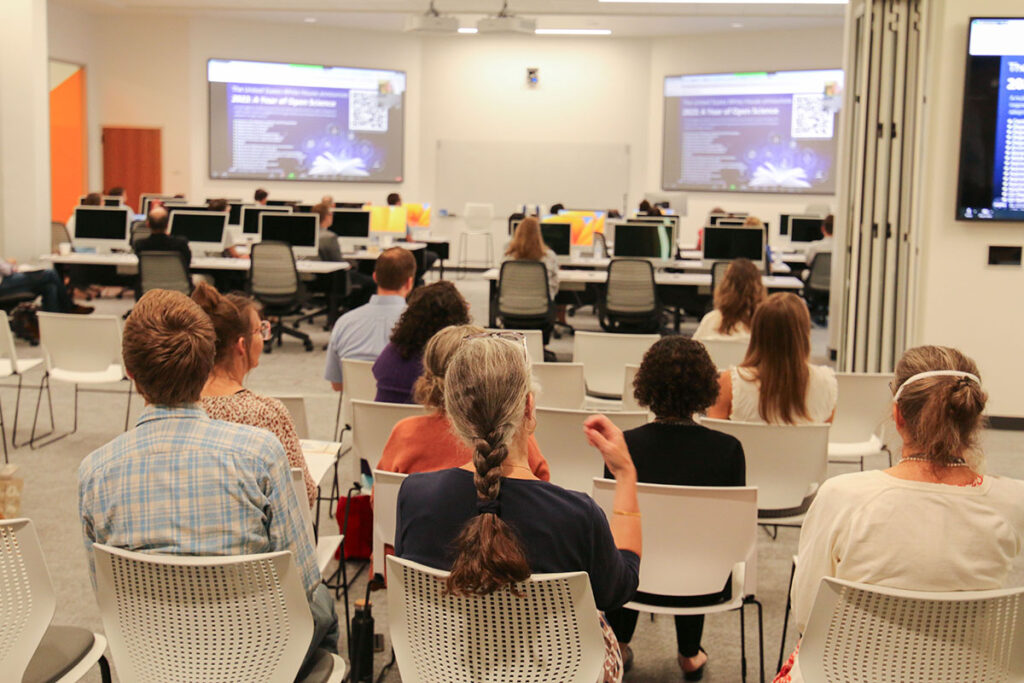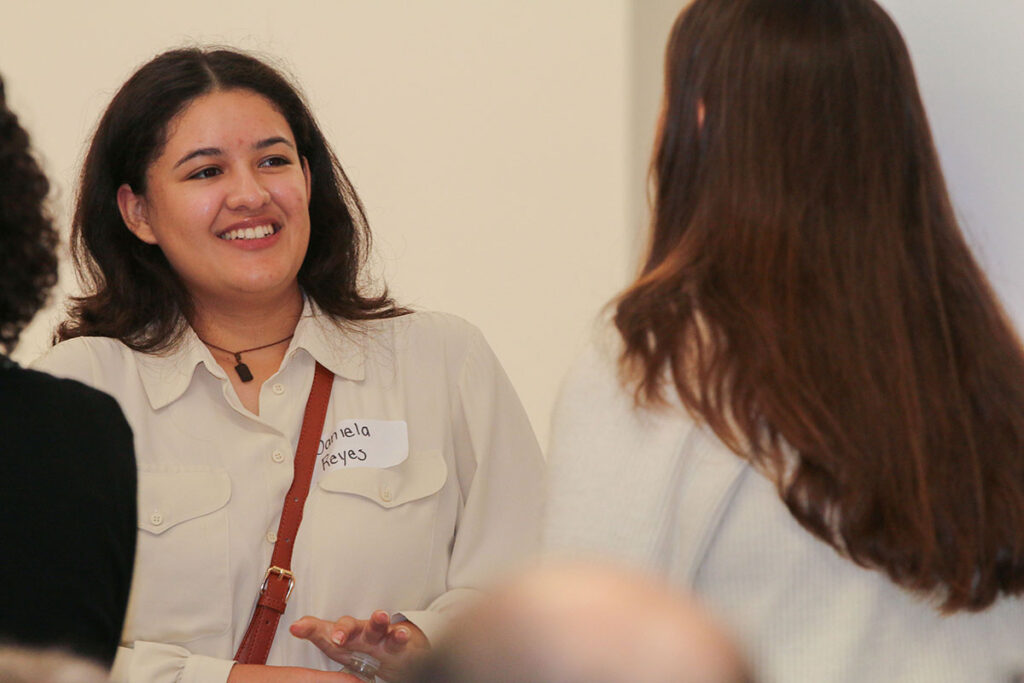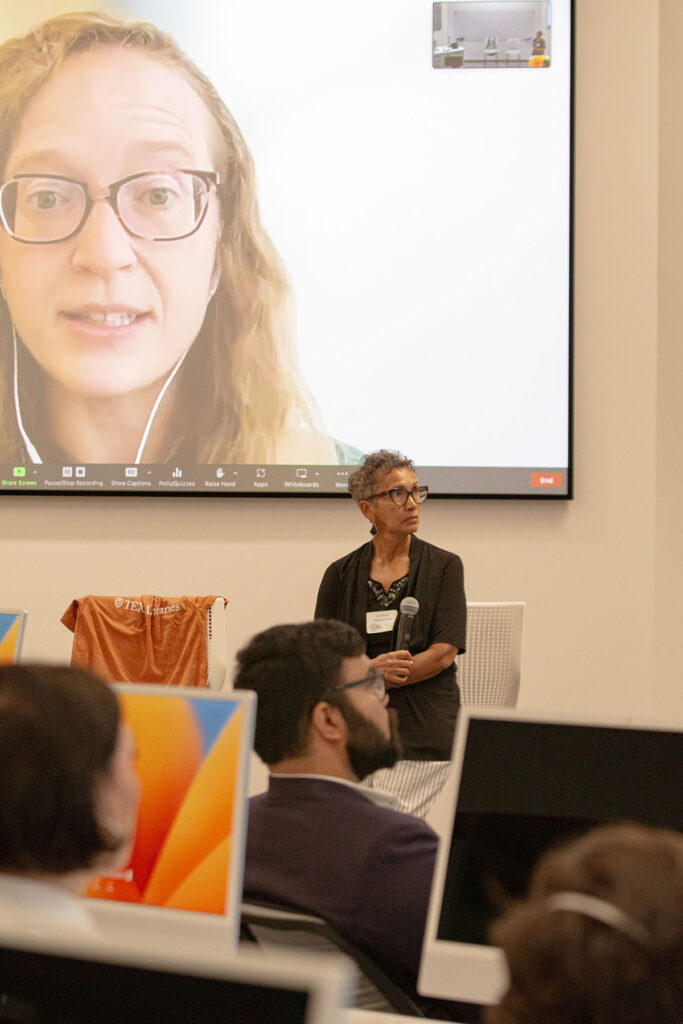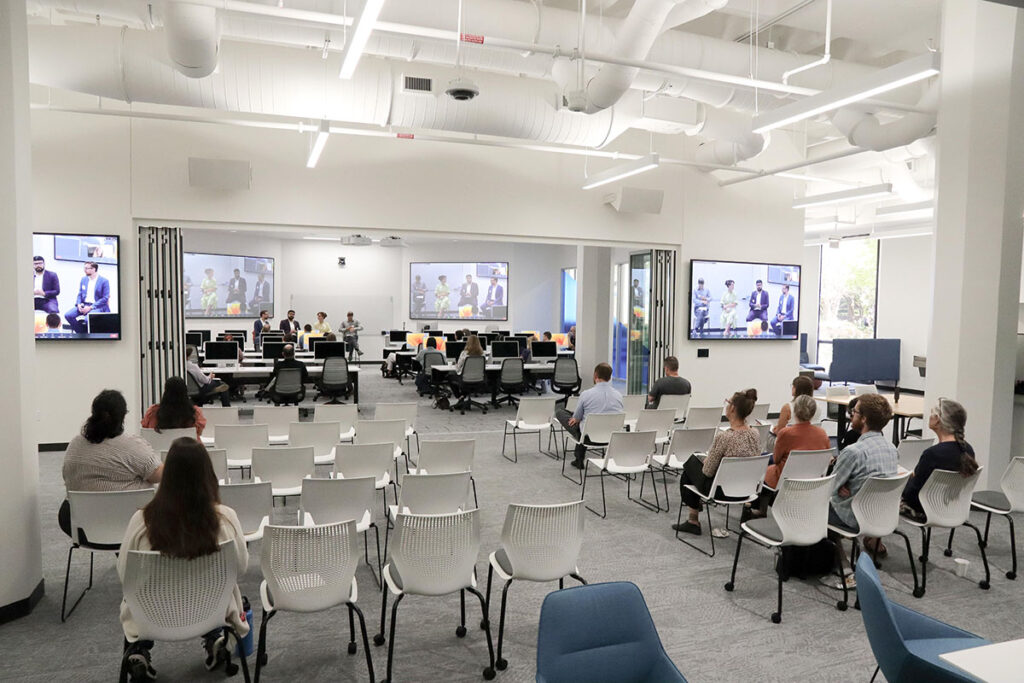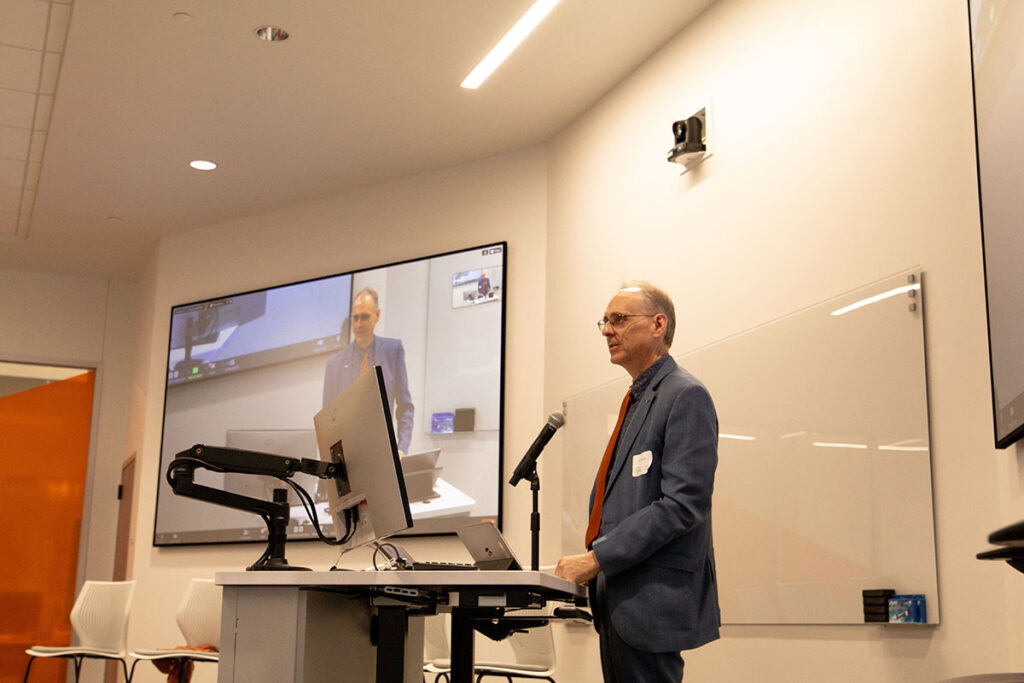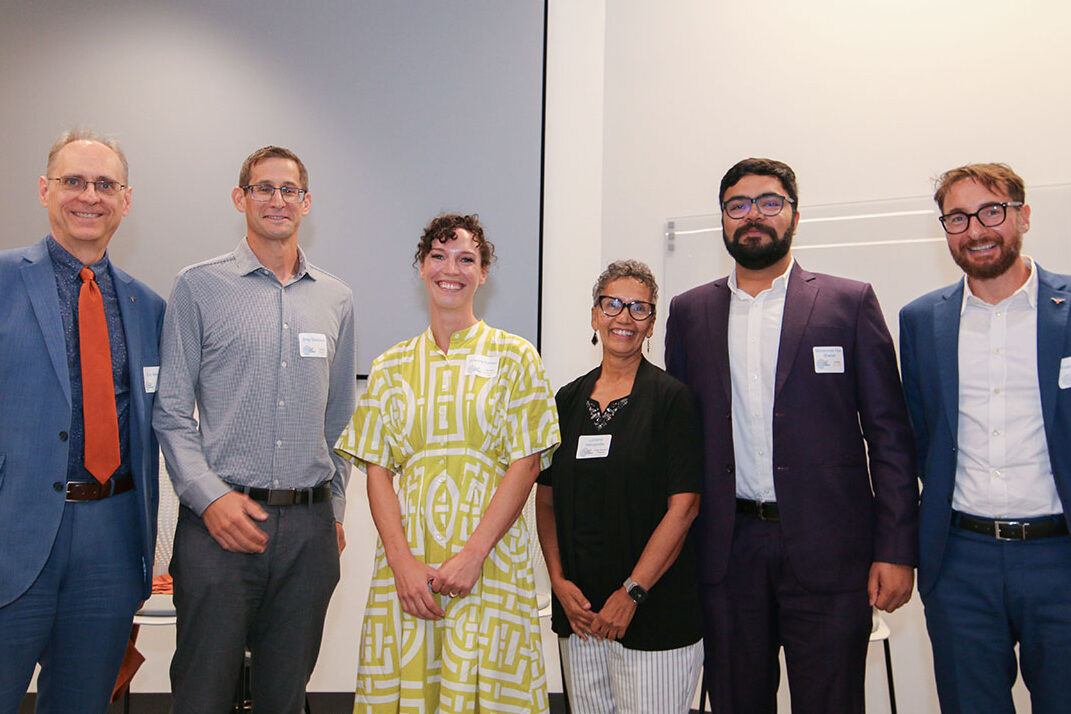Welcome to our semi-annual update on the University of Texas Libraries’ (UTL) commitment to supporting open access (OA) publishing. In this update, we’re excited to announce several new OA initiatives available for the UT community to utilize, alongside a glimpse into the significant cost savings achieved through our OA agreements.
Cogitatio Press
Cogitatio Press offers a range of five OA journals covering diverse fields such as Media and Communication, Politics and Governance, and Urban Planning. Launching late this year, their ‘Ocean and Society’ journal will provide a platform for ocean-related research. The best part? UT Austin corresponding authors can publish in these journals without incurring Article Processing Charges (APCs), thanks to our agreement with Cogitatio.
Free Journal Network (FJN)
FJN, a non-profit organization, focuses on supporting diamond OA journals, ensuring no fees for readers or authors. Their mission includes facilitating journal coordination, sharing best practices, promoting FJN journals, securing funding for journal enhancement, and advocating for improvements in scholarly publishing. We’re thrilled to collaborate with FJN in advancing open access initiatives.
Institute of Physics (IOP)
UTL has secured a Read and Publish deal with the Institute of Physics (IOP), granting the UT community access to all IOP journals. Moreover, UT Austin corresponding authors can publish OA in IOP journals without bearing APC costs, contributing to the dissemination of impactful research across disciplines.
Bloomsbury Open Collections
Bloomsbury is pioneering a collective funding model for OA books, akin to the successful Subscribe to Open model for journals. We’re proud to support the African Studies + International Development collection, which aims to make 20 frontlist titles available immediately upon publication. This initiative underscores our commitment to promoting diverse voices and perspectives in scholarly literature.
Peer Community In
Peer Community In (PCI) is a scientist-led initiative to provide a reviewing and recommending service for pre-print articles; similar to the peer review process for journal articles. Those recommended pre-prints can then be submitted to the Peer Community Journal or a PCI friendly journal which will accept the recommended pre-print article with waived or expedited peer review. We are excited to support this unique publishing model that aims to provide additional value around pre-prints as an important part of the OA ecosystem.
Understanding UT Austin Corresponding Authors
You might wonder, what exactly is a UT Austin corresponding author? In essence, they’re the primary point of contact for communication regarding an article. While typically a senior researcher such as a faculty member, this role isn’t exclusive and can be fulfilled by any UT Austin affiliate involved in the research. For OA agreements offering direct author benefits like waived APCs, eligibility is contingent upon the corresponding author’s affiliation with UT Austin.
Annual Report Highlights
In our latest annual report, completed last fall, we celebrated significant milestones achieved through our OA agreements. Notably, these initiatives resulted in over $600,000 of cost savings through waived or reduced APCs. This substantial figure underscores the tangible impact of our commitment to open access publishing and reflects the growing momentum towards equitable and accessible scholarly communication.
As we continue to champion open access initiatives, we invite the UT community to explore these new opportunities and join us in advancing knowledge dissemination for the betterment of academia and society at large.
For more information on these initiatives and our ongoing efforts, please visit our OA LibGuide.
Thank you for your continued support and engagement in fostering a culture of openness and accessibility in scholarly publishing.


